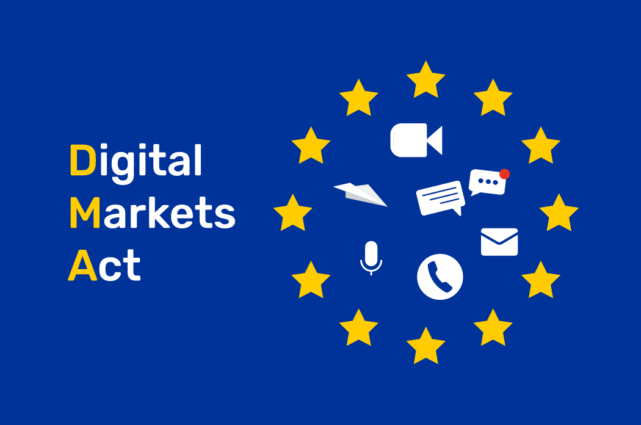In the high-stakes game of regulating Big Tech, Europe has thrown down the gauntlet with the introduction of the Digital Markets Act (DMA). But as regulators roll up their sleeves, the question looms: How far is too far when it comes to tinkering with the inner workings of the world's most widely used tech products and services?
The DMA, which came into effect this week, aims to shake up tech giants like Apple, Google, Meta, and more, forcing them to open up their platforms and give users greater choice. But behind the scenes, a flurry of technical changes is underway as these companies scramble to comply with the new rules.
For Silicon Valley, this is cause for concern. They see it as government meddling in the finely tuned machinery of their digital empires. While greater user choice sounds good in theory, tech companies argue that it could upend the fundamental workings of their services.
Take Apple, for example. The DMA requires them to allow users to choose from multiple app stores and payment providers on iOS. But implementing this means unraveling complex technical linkages between services and creating hundreds of new software "hooks" for developers to access its mobile platform.
Steven Sinofsky, a former top executive at Microsoft, warns that these technical compromises could end up pleasing nobody. Tech products, he argues, always involve trade-offs. For Apple, it's a choice between prioritizing security and privacy or opening up to external services. To demand both, he says, is simply unrealistic.
Similarly, Google faces challenges in complying with the DMA, which requires them to scale back their own "vertical" search features and redirect users to third-party sites. While this might increase competition, it also adds an extra step for users trying to find what they need.
Caught between regulatory pressure and maintaining their bottom line, tech companies walk a tightrope, arguing that the DMA threatens the security of their products while trying not to undermine their own sales pitch. Apple, for instance, claims that its products in Europe may not be as good as they once were, but they're still better than the competition.
But will users actually benefit from these changes? The DMA introduces more choice screens and consent boxes, but many users may simply ignore them. And while these measures could have prevented tech giants from amassing such dominant positions in the first place, undoing that dominance now may prove to be an uphill battle.
This is just the beginning of Europe's push to rein in Big Tech. As regulators delve deeper into the inner workings of tech products and services, the road ahead is uncertain. But one thing is clear: It's going to be a long and hard-fought battle.
